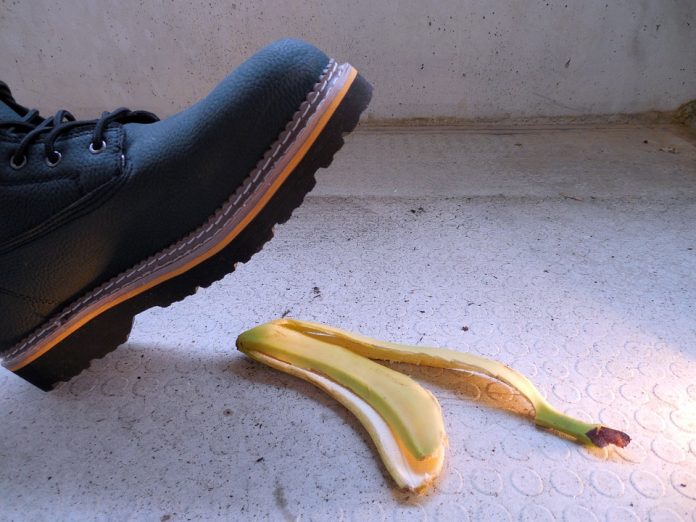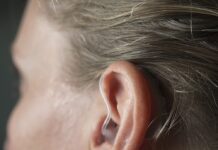
Loss of balance and unsteadiness are changes often seen as a function of aging, the number one health concern of individuals in their later years. Over $3 billion are spent in medical expenses due to balance related falls. Human equilibrium is a complex interaction which requires correct input from three receptors: the inner ear, vision and somatosensory receptors, which is our contact, with our feet, ankles, muscles and joints. All three signals must be received by our central nervous system. Then, the cerebellum, which is the motor of the brain, must execute the correct movement of our musculoskeletal system to maintain our center of gravity.
If any one or several components of this complicated system are not working properly, then we will have a loss of sure footedness or movement coordination. The natural aging process may effect any one or all of these senses as well as the nervous system’s ability to interpret them and then to react quickly. It is very common for someone who has fallen to say they saw the curb or step, but just were not able to maintain their balance.
Common illnesses or diseases with aging which cause decreased hearing and vision also cause a decrease in a person’s balance. For most people, however, this occurs over several years. Sometimes, it is noticed as difficulty walking, particularly up or down steps or across surfaces such as thick carpeting.
Balance retraining programs have helped thousands of older adults with fall prevention to improve balance and coordination. These programs are specially designed for the individual based on their strengths and weaknesses. The programs work in coordination with the patient’s health care provider so that continuity of care is not sacrificed.
If you feel unsteady on your feet and have had difficulty maintaining your balance (like a sensation of feeling drunk), you may wish to contact Dr. Izzy at 732-276-1011, who may be able to provide you with some answers.






